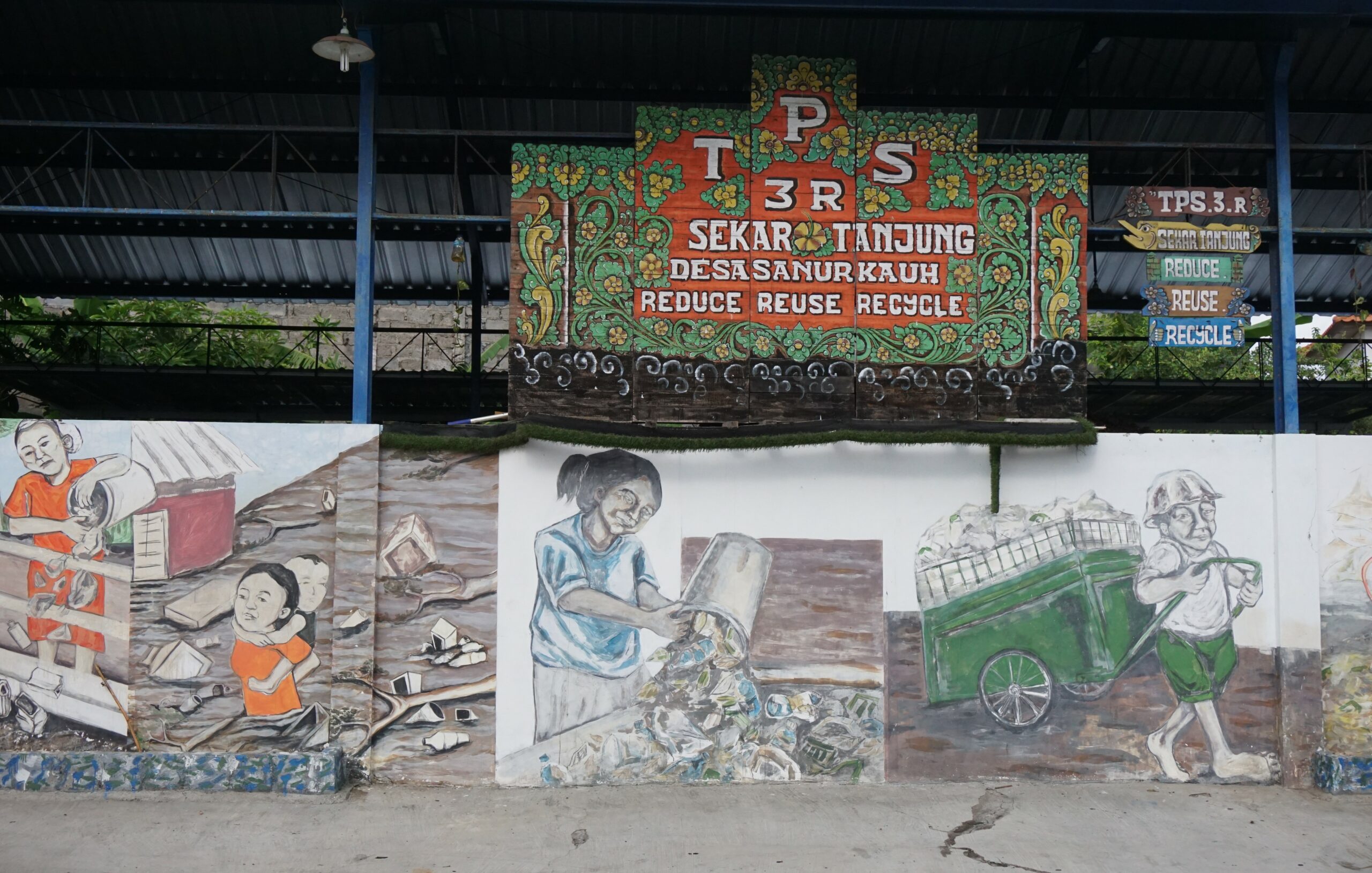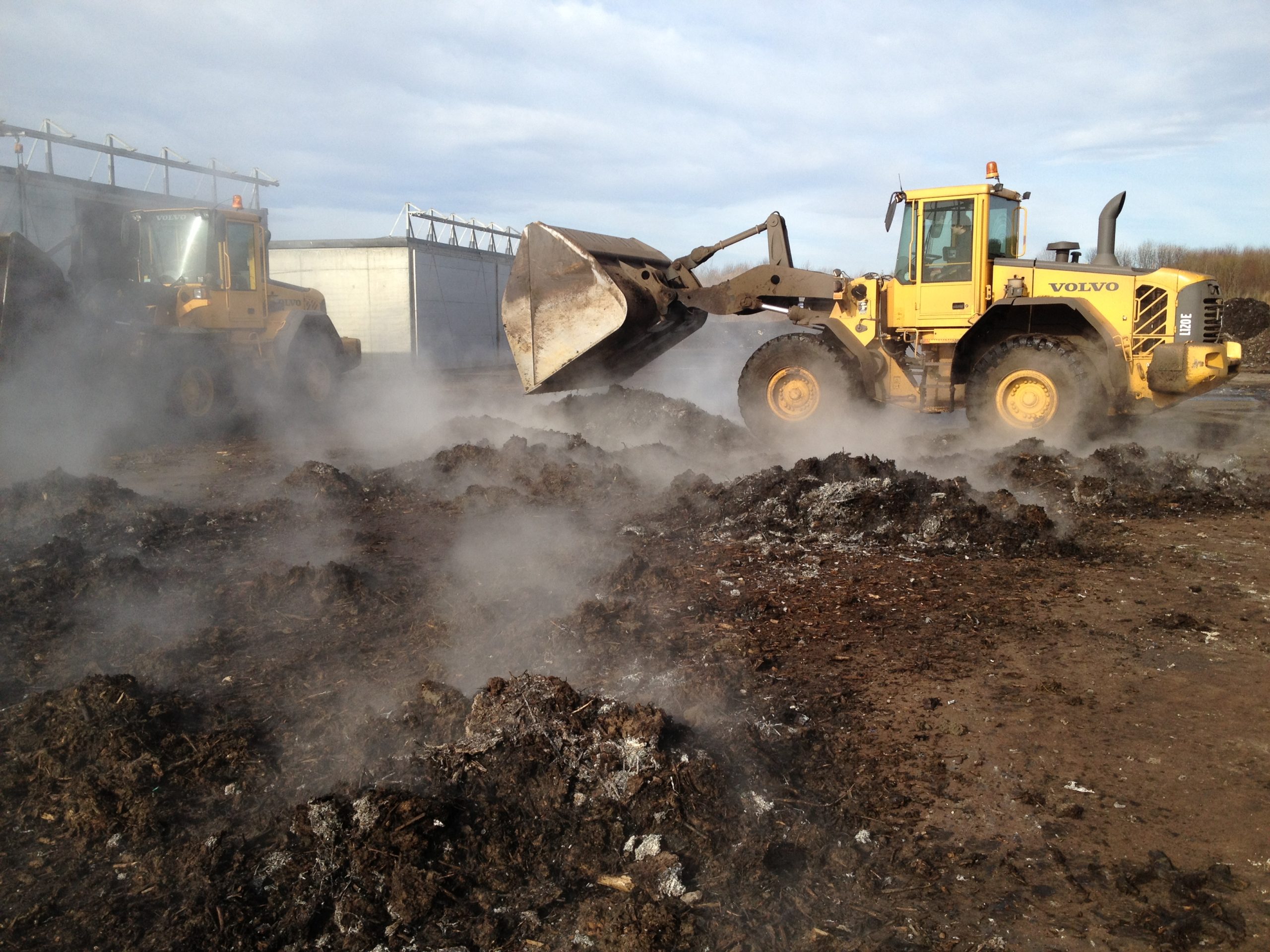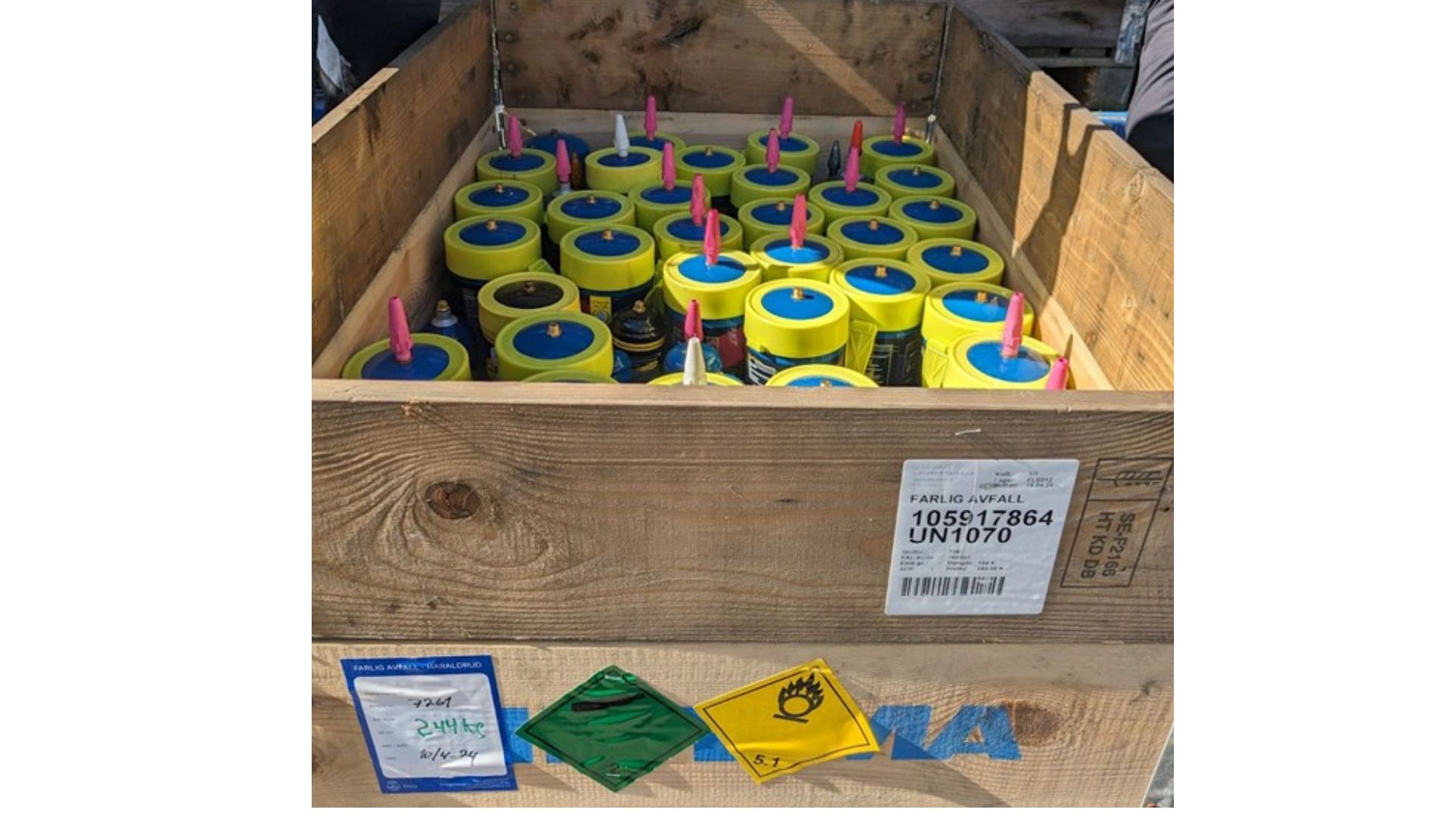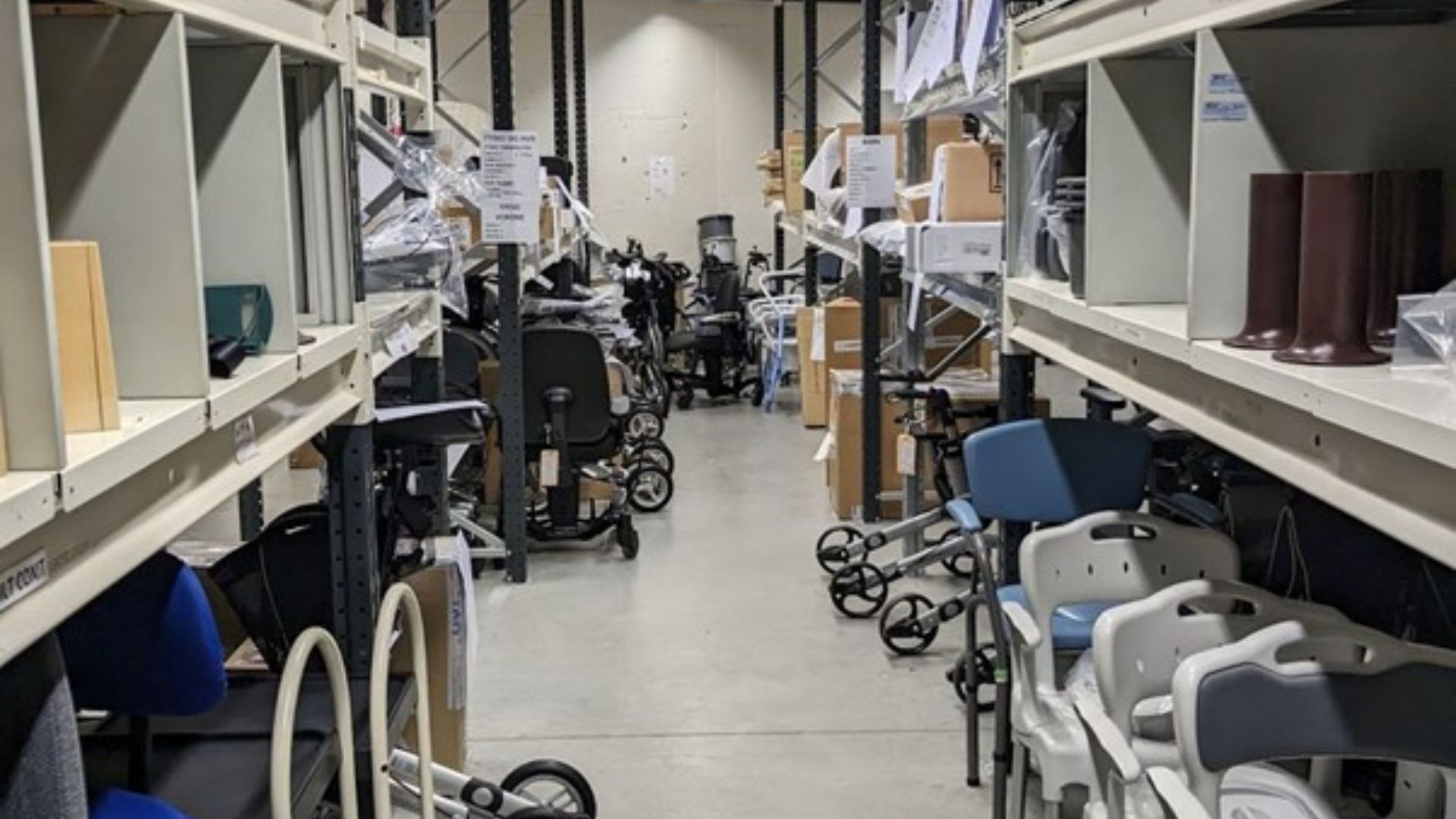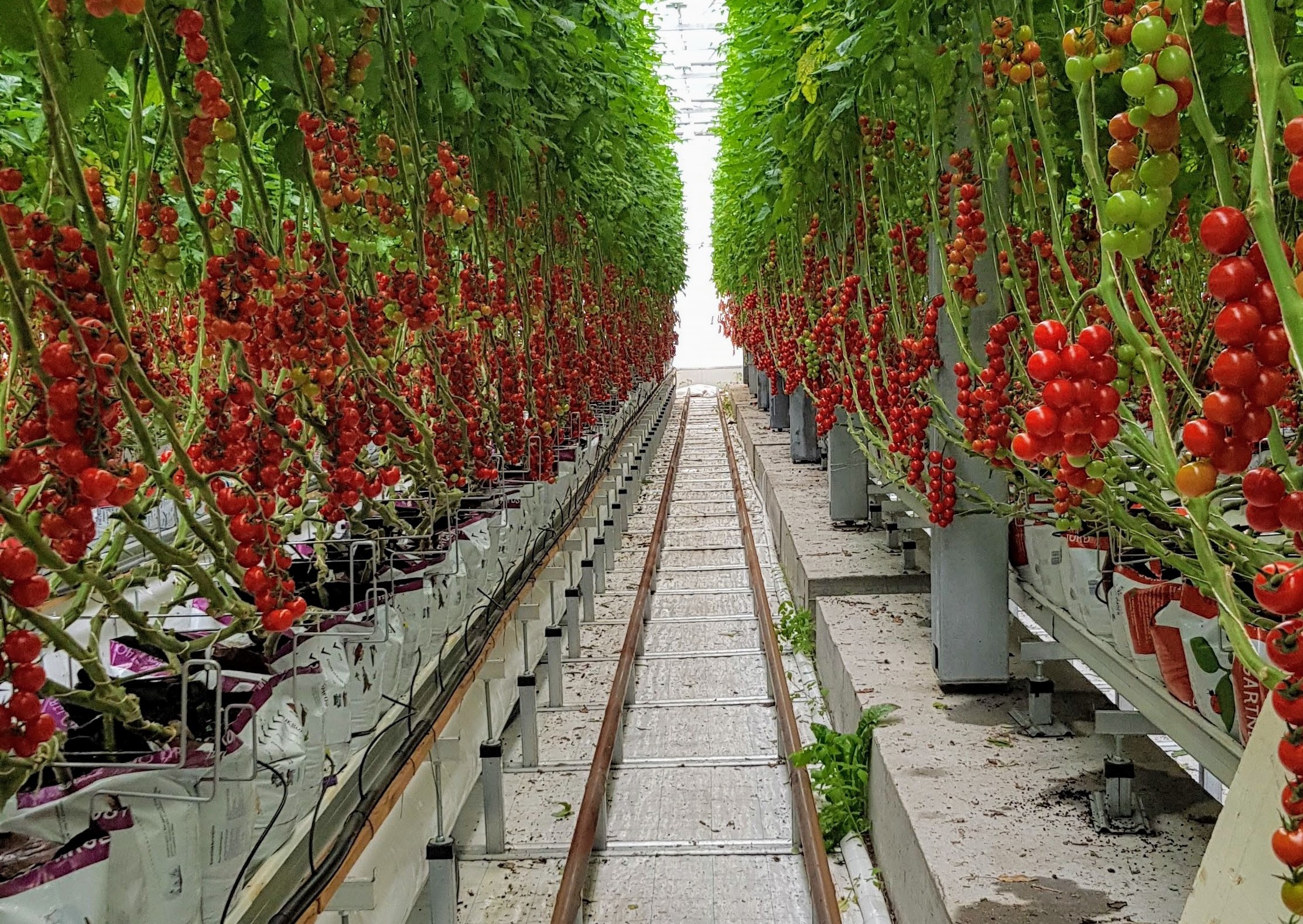Like the rest of Indonesia, Bali has established mini-recycling stations, known as TPS3R, to handle the sorting of recyclable materials such as plastic, glass, and metal. These facilities also compost organic waste and transfer residual waste to landfills. Norwaste has collaborated with the consulting company Delterra, formerly McKinsey.org, to optimize the operation of these facilities. The result has been an impressive doubling of capacity and improved working conditions for the staff.
Indonesia has adopted a tiered structure for public waste management, with the lowest level located close to where people live. Government authorities support the construction of mini-recycling stations, known as TPS3R, which focus on spreading knowledge about the principles of the 3 Rs: "Reduce - Reuse - Recycle." A TPS3R typically handles residual waste for transfer to landfills, sorts plastic and other recyclable materials, and composts organic matter. Despite limited available space and a layout that is not always optimal for efficient waste management, these mini-recycling facilities play a crucial role in waste treatment in Indonesia.
In collaboration with Delterra, a non-profit organization owned by the consulting firm McKinsey & Company, Norwaste has implemented a project to increase efficiency at TPS3R facilities. Over the past year, Norwaste has focused on five facilities in the capital of Bali, Denpasar, where bottlenecks related to layout and workflow have been identified. Subsequently, work routines for plastic sorting and composting have been improved. These measures have resulted in a significant increase in capacity, with more than double the capacity at several facilities. By implementing small investments and leveraging support from local consultants at Delterra, we have successfully transferred Norwegian waste expertise to Bali. Changes in work methods, adjustments, and equipment replacements have led to more efficient processing, reduced landfill waste, and an improved working environment. We have also developed a model to calculate sorting and composting capacity based on available space and equipment at the facilities.
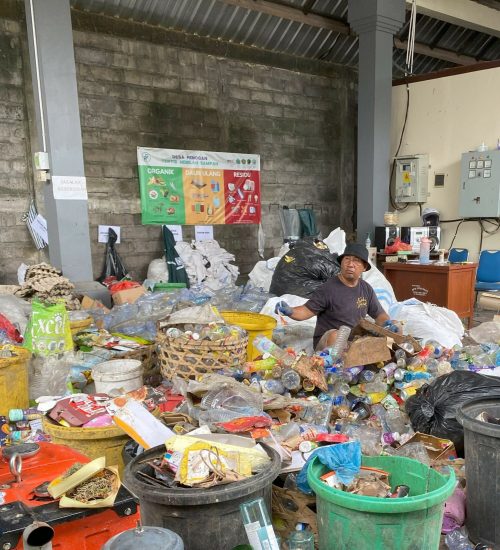
Before implementation
Our experience shows that even though these facilities may never become entirely optimal recycling plants, they can still be improved even with limited resources. We have implemented new sorting routines that allow for more efficient sorting within a confined space. The introduction of a new type of shredder has increased preprocessing capacity, enabling prioritization of the composting process. Previously, resources were lacking for this, resulting in a significant amount of organic waste being landfilled.
Norwaste has contributed a small part to a larger project. Delterra aims to test how these smaller facilities can better interact with larger waste facilities and transfer stations outside urban areas, enabling more waste to be processed and recycled. There are valuable materials in certain types of plastic, metal, glass, and cardboard/paper, and this segment of the recycling industry currently operates on commercial terms. However, Indonesia's subsidization of fertilizers poses challenges for establishing economically sustainable value chains for organic waste in the fertilizer market. Despite a significant demand for fertilizer and organic material in agriculture, the willingness to pay is low. This likely represents one of the major challenges in finding solutions that balance economic considerations with environmentally friendly waste management in Indonesia.
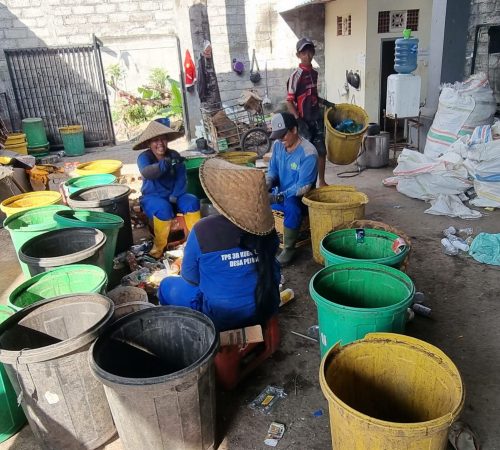
After implementation
